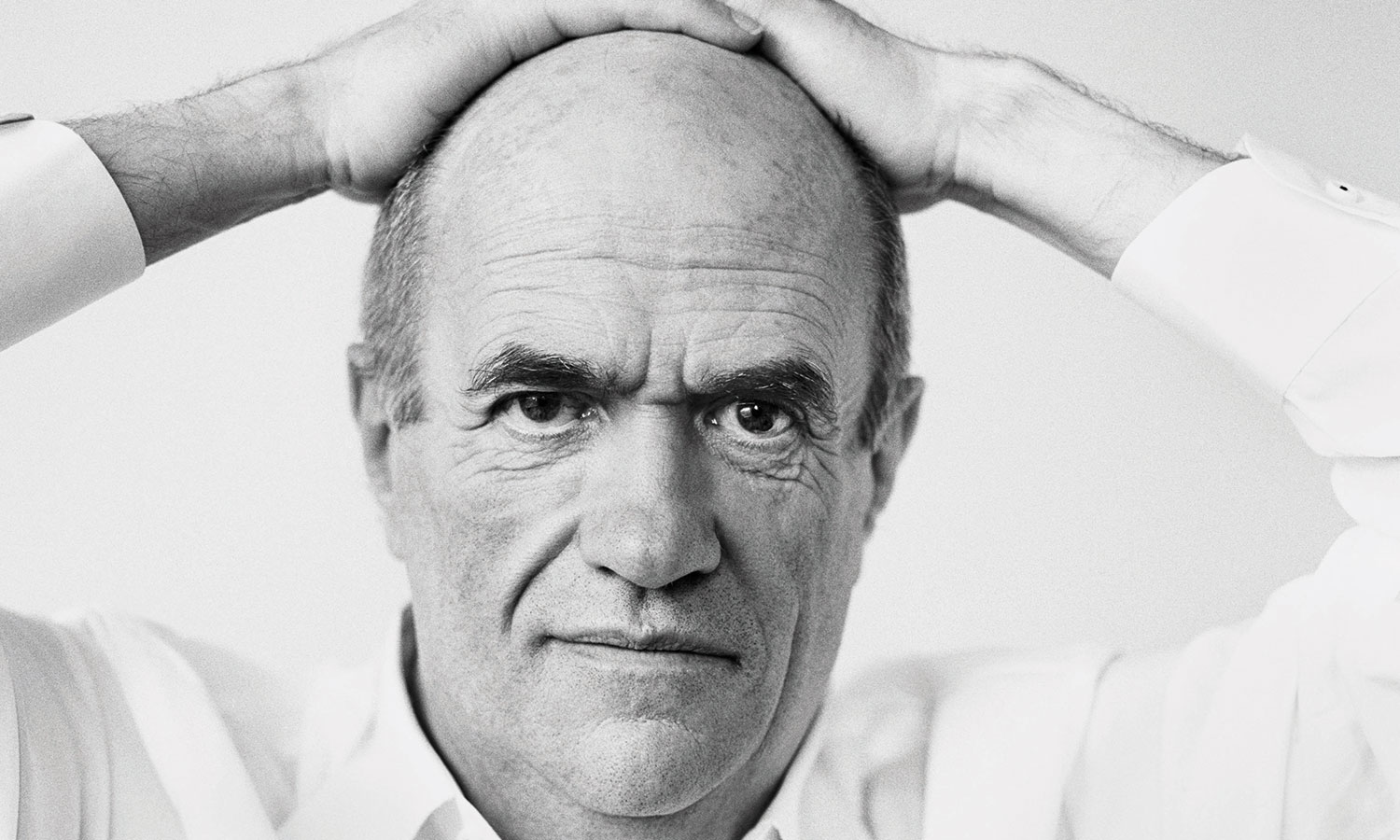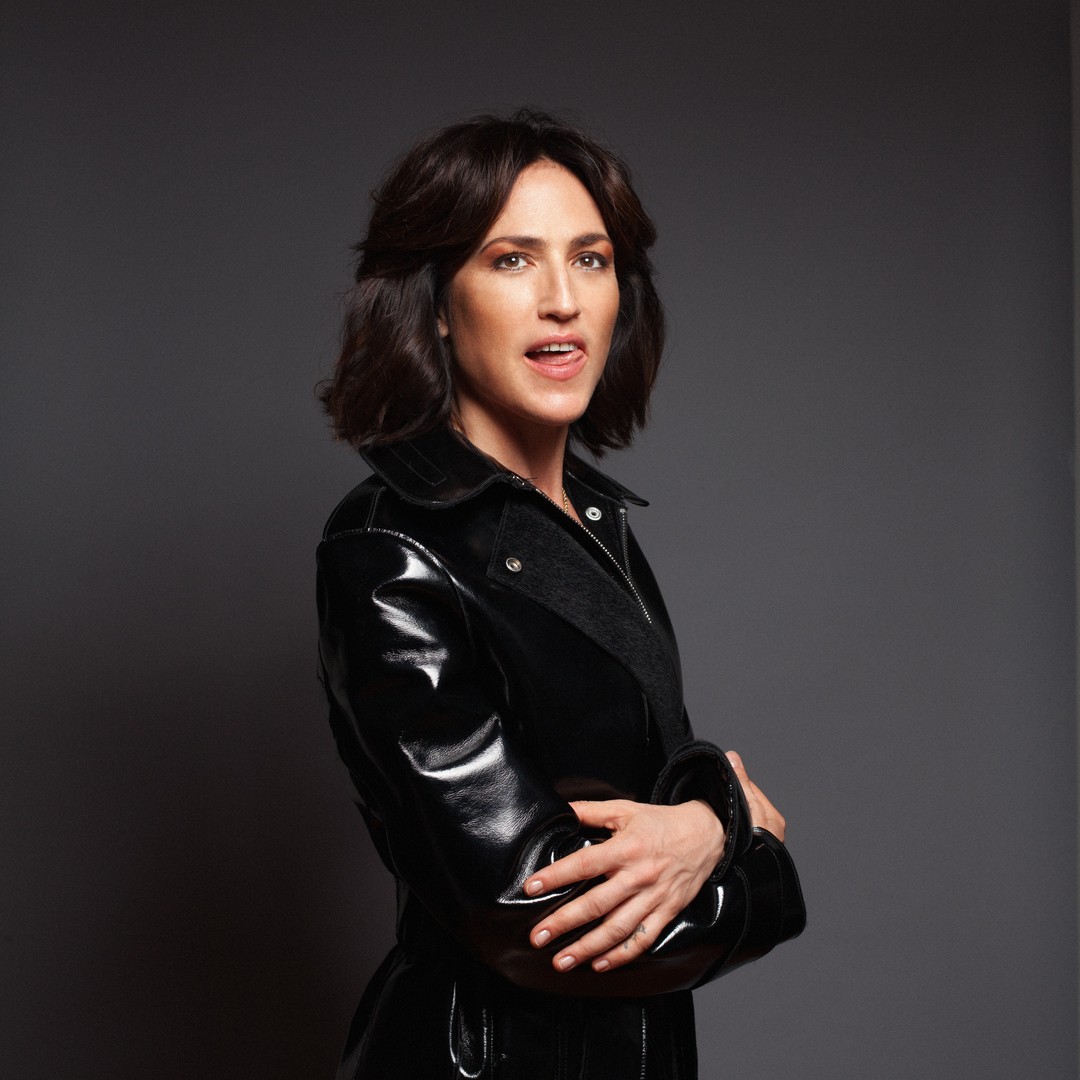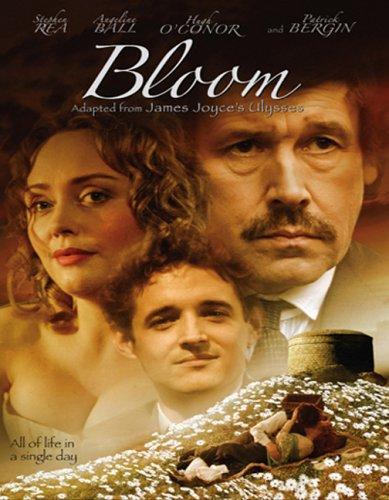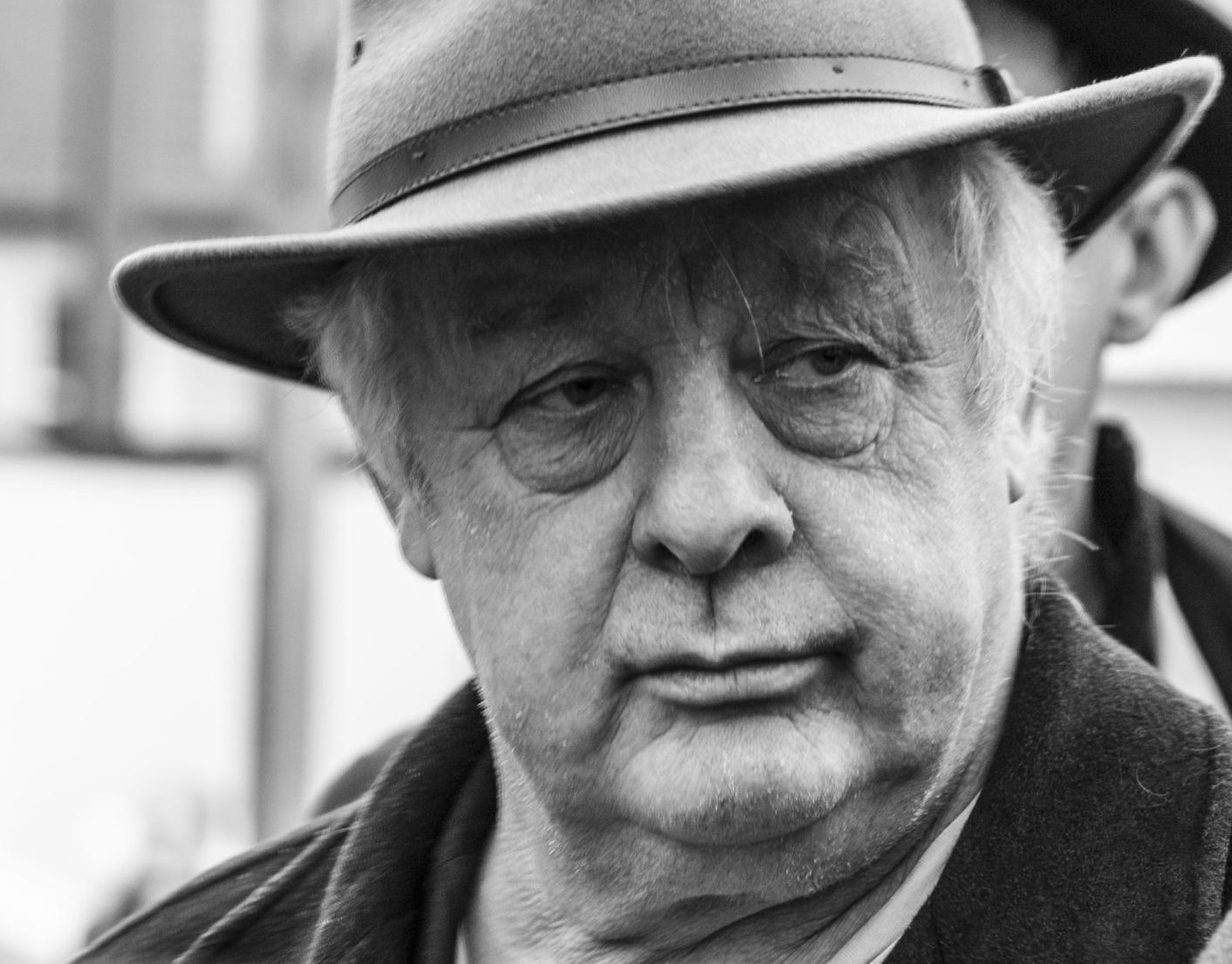- Music
- 16 Jun 23

To celebrate Bloomsday, we're revisiting some of our favourite comments on James Joyce's Ulysses – selected from a variety of interviews from the Hot Press Archives...
Adam Duritz (frontman, Counting Crows):
"Ireland is a country which appreciates its poets and its literature. Bloomsday is a big deal here. Do you think that would be true in any other country? Hemingway-esque? I don't think so..."
(2000)
John McGahern (writer):
"When I was young, books had the taste of forbidden fruit about them. Reading for pleasure was not approved of. And that world has all disappeared. Joyce, oddly enough, was never banned in Ireland. I bought my first copy of Ulysses in Brown & Nolan’s, it was under the counter. It was also put in a brown paper bag before it was given to me, it had that unmistakable green hardback cover, and the reason it wasn’t on the shelf was that the main customers would be priests from the posh colleges and they would find it offensive and they gave most of the trade to the book shops."
Advertisement
(2002)
Colm Tóibín (writer)
"My idea is that you read the book as eighteen episodes. Stop worrying, just finish the episode. The problem is when you come to episode three, it is a roadblock, but if you don’t read it, you missed the whole business of what Stephen is doing, his mind finding poetic images for everything, he won’t leave a word alone. He knows too much, he’s read too many books – but you have to follow him to get to the wonderful opening of episode four with the very precise, exact description of a man having breakfast while his wife is in bed, and no books are mentioned. In order to savour four you have to have read three, it’s counterpoint. You exaggerate and exhaust a style and the next chapter starts something entirely new.
"Read as much commentary as possible, because some of the commentary is tremendously good. And it isn't as though they're all these critics who killed James Joyce, they will really help you to see. But there's still things that no scholar has found. About three years ago, I'm not making this up, I was reading the Cyclops episode, and it's in the Robert Emmet execution parody. He names the executioner Tomkin-Maxwell ffrenchmullan Tomlinson. We don't know who Tomlin was, and everyone says we don't know who Maxwell was, but by God, I thought, I do! Maxwell was Sir John Maxwell who ordered the executions of 1916."
Which hadn't happened yet.
"Yes, Cyclops was written after the 1916 Rebellion but set in 1904. And this is a little clue. I actually called a friend of mine who's a big figure in the Joyce world and it seemed that no one had noticed it. I think the main thing about Ulysses is it gives infinite pleasure. I came to it late and it's brightened up my days."
(2022)
Advertisement

Colm Tóibín. Credit: Brigitte Lacombe
Marina Ribatski (singer, formerly of Bonde do Rolê):
“You think Ulysses is difficult? Try reading it in Portuguese, the translations are crazy!”
(2007)
Patrick Gibson (actor):
"I did the audio book of Ulysses having zero idea of what I was letting myself in for. Jesus, it was mad. I thought it would be a good idea to do it in a day because essentially it's just the one long unpunctuated sentence... but it really wasn't! It went on forever and because I hadn't been breathing properly I took a quick break, went to Tesco and fainted trying to buy a Red Bull."
Advertisement
Had he read the book before and understood it?
"No and no! I ended up having to read it twice because you couldn't wing it. I was doing it at the same time as a play, so I was prepping it in between my scenes and then doing a full day's reading before the next performance. An interesting experience but one never to be repeated!"
(2021)
Jimmy Webb (songwriter and singer):
Reflecting on ‘Sandy Cove’, the song he wrote in the shadow of the Martello Tower which is the setting for the opening section of Ulysses.
“That day was a real odyssey for me. I went to all the pubs Joyce used to drink in and to Joyce’s tower and I even ended up starting that song in a James Joyce notebook a friend had given me the day before!"
(1993)
Advertisement
Paul Smith (singer, Maxïmo Park):
“I’m sure there’s a tourism aspect to it being sustained as well, but you do get a sense of Dubliners being genuinely proud that this is the place which inspired Joyce.
“I’ve got a copy [of Ulysses] at home but, well, it never seems the right day to start it. That ‘I buy books I never read’ line from ‘Our Velocity’ is true – I’ve shelves of stuff that I’m saving up for when I have a really bad accident and am trapped in my room for a year. There’s great comfort in having things around you that you’ve chosen yourself and have an interest in.”
(2007)
Ian Gibson (writer):
“I was imbued with the New Testament and Bible class and Sunday school. I got out of that when I discovered French literature, and then when I went to Trinity, that really saved me. And then there was the difficulty of not being able to get hold of Ulysses, the censorship, the sinister John McQuaid and all the ghastly business with Protestants and Catholics. It was a woeful island in those days.”
Advertisement
(2017)
Joan As Police Woman (musician):
On finally finishing Ulysses...
“Well, let’s put it this way, I finished it in my own way. I don’t think I read every single word but I read most of them! It’s an amazing thing but I’m glad I don’t have to teach a class on it.”
Has she had a read of his love letters to Nora Barnacle? Hilarious and filthy in equal measure – ‘graphic’ doesn’t even begin to cover it – they’re worth a Google.
“I have. I actually have the book! They’re wonderful. I feel like his is a pretty beautiful template for living in general. I’m a little bit disgusting, so I can relate. Would we have hit it off had our lives intersected? Most definitely!”
(2011)
Advertisement

Joan As Police Woman. Credit: Allison Michael Orenstein
Joseph O’Connor (writer):
“Back in the twenties and thirties, Irish writing really was dominated by a couple of key worldwide figures who were like Easter Island statues dominating the landscape so sternly. Imagine trying to write a novel in the years after Joyce’s Ulysses? You’d just want to fucking cut your throat!”
(2010)
“Prose for me has to have music, because if it does, you're going right back to the reader’s first experiences of language. Look at Joyce, perhaps the greatest novelist of the twentieth century, the man who wrote Ulysses and was capable of the explosive fireworks of Finnegans Wake. Portrait Of The Artist begins, ‘Once upon a time, there was a nice little boy called Steven and he was walking down the road and he met a moo cow.’ Joyce understood that language is actually pre-verbal, it's music before it becomes language.”
(2023)
Advertisement
Angeline Ball (actor):
On playing Molly Bloom in Bloom, Sean Walsh’s film adaptation of Ulysses
"I couldn’t predict what kind of reaction she’d get. It’s great that she’s sensual, but professionally that can be unfortunate when you’re taking a role on. I mean, Molly can be interpreted as being a free-spirited, freethinking modern woman, or you might find her just too full on. So it really pleased me that so many women responded positively and came up to me after the film was screened. I was glad they identified with her. And I was just happy people didn’t think she was threatening or perverted.”
(2004)

John Banville (writer):
“...the way in which something like the Booker Prize has come to be regarded as an arbiter of good literature is nonsense. Ulysses would not have been short-listed for the Booker Prize, Beckett’s Molloy would not have been short-listed, Proust would not have been short-listed."
Advertisement
Geoff Travis (founder of Rough Trade Records):
“I’ve always had a bit of a thing for Ireland, which I put down to being a massive fan of early Van Morrison and reading Ulysses five times!”
(2007)
Jim Sheridan (director and playwright):
"In the main section of Ulysses, James Joyce is saying, I’m me own fucking father. And that’s what we have to do, as a race. Because, until now, we didn’t have role models that we respected because they didn’t take on what we thought they should take on, to liberate us from Britain and Rome."
(1990s)
Advertisement

Jim Sheridan










